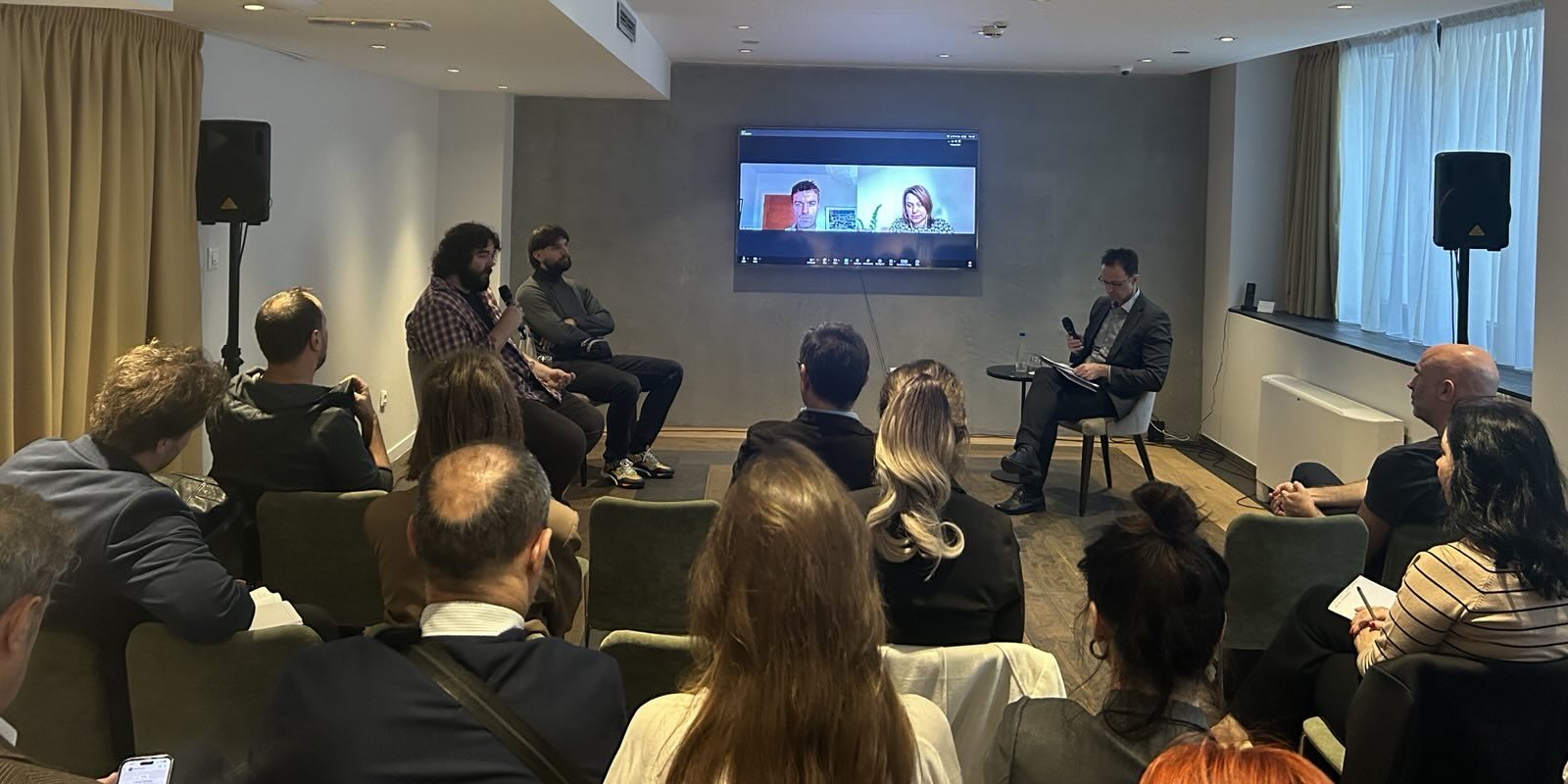SHARE
News:
The Fight Against Extremism Needs to Address Root Causes
Spread of extremism in Western Balkans should be addressed by long-term measures aimed at root causes such as inequality, political corruption and foreign influence, it was highlighted at the presentation of main findings of the Western Balkans Extremism Research Forum Regional Report held on 29 January 2019 in London. BCSP ...
Spread of extremism in Western Balkans should be addressed by long-term measures aimed at root causes such as inequality, political corruption and foreign influence, it was highlighted at the presentation of main findings of the Western Balkans Extremism Research Forum Regional Report held on 29 January 2019 in London.
BCSP Executive Director Predrag Petrovic presented findings of the Serbia Report that examined drivers of radicalisation and violent extremism in Serbia as a part of The Western Balkans Extremism Research Forum. Understandings of underlying causes of violent and not-now-violent extremism in different parts of Western Balkans, trends and patterns of radicalisations, as well as recommendations on how to combat these issues were discussed. The debate involved researchers engaged in the project who presented main findings of the report, as well as representatives of British parliament, international community, academia and civil society.
Challenges that were recognized as common across the region are:
- The difficulty in determining what constitutes non-violent, not-yet-violent, and violent extremism;
- The potential of foreign organisations and figures to dangerously influence domestic extremist movements, including members of respective diaspora groups, religious foundations, and educational institutions, as well as radical ideological figures with large followings in Western Europe;
- The danger of a “lone-wolf” who makes him/herself known to authorities for the very first time by committing terrorism, rather than the prospect of a former fighter returning home with a desire to commit violence;
- The radicalisation process and the dissemination of extremist narratives that have gradually shifted into less visible online spaces;
- Transformation from violent to non-violent extremism (propaganda).
In order to combat extremism and radicalisation in Serbia, the BCSP research team recommended:
- Long term measures tasked with improving the economic situation in the region and reducing poverty and (political) corruption in Serbia, which would reduce inequality and improve equality of opportunity that would enable people to better meet their own needs, which are the most significant;
- Medium term measures that include the improvement of religious and civic education;
- Short-term measures which include improvement in central media reporting about Sandžak region and minority communities, including the Roma community.
The Extremism Research Forum is a UK government funded research project, examining drivers of radicalisation and violent extremism in the Western Balkans – Albania, Bosnia and Herzegovina, Kosovo, Macedonia, Montenegro, and Serbia.
RELATED

Date: 28.11.2025.
Author: Belgrade Centre for Security Policy
The Belgrade Centre for Security Policy (BCSP) recently received an official notification from the Microsoft Threat Intelligence Center regarding a cybersecurity incident affecting our systems.

Date: 04.11.2025.
Author: Belgrade Centre for Security Policy
At the panel discussion “Freedoms Under Pressure: Civil Society and Digital Oversight in Serbia and Abroad”, organised by the Belgrade Centre for Security Policy (BCSP) on 31 October in Belgrade, speakers warned that digital surveillance and spyware use are rapidly becoming tools of political control in Serbia and across Europe, posing severe risks to human rights and democracy.

Date: 11.05.2023.
Author: Belgrade Centre for Security Policy
The citizens of Serbia are still shocked and appalled by the last week’s two mass shootings that took place in less than 48 hours, resulting in 17 dead and another 20 wounded.


